Students at the Texas A&M Campus were notified on Monday that they would no longer be able to receive gender-affirming care through the university’s health service.
The message was sent through the student health portal in the afternoon. Senior Director of Primary & Speciality Medical Care Dr. Tiffany Skaggs addressed students who the change would impact and let them know how to proceed.
What Services Will Be Discontinued at the School?
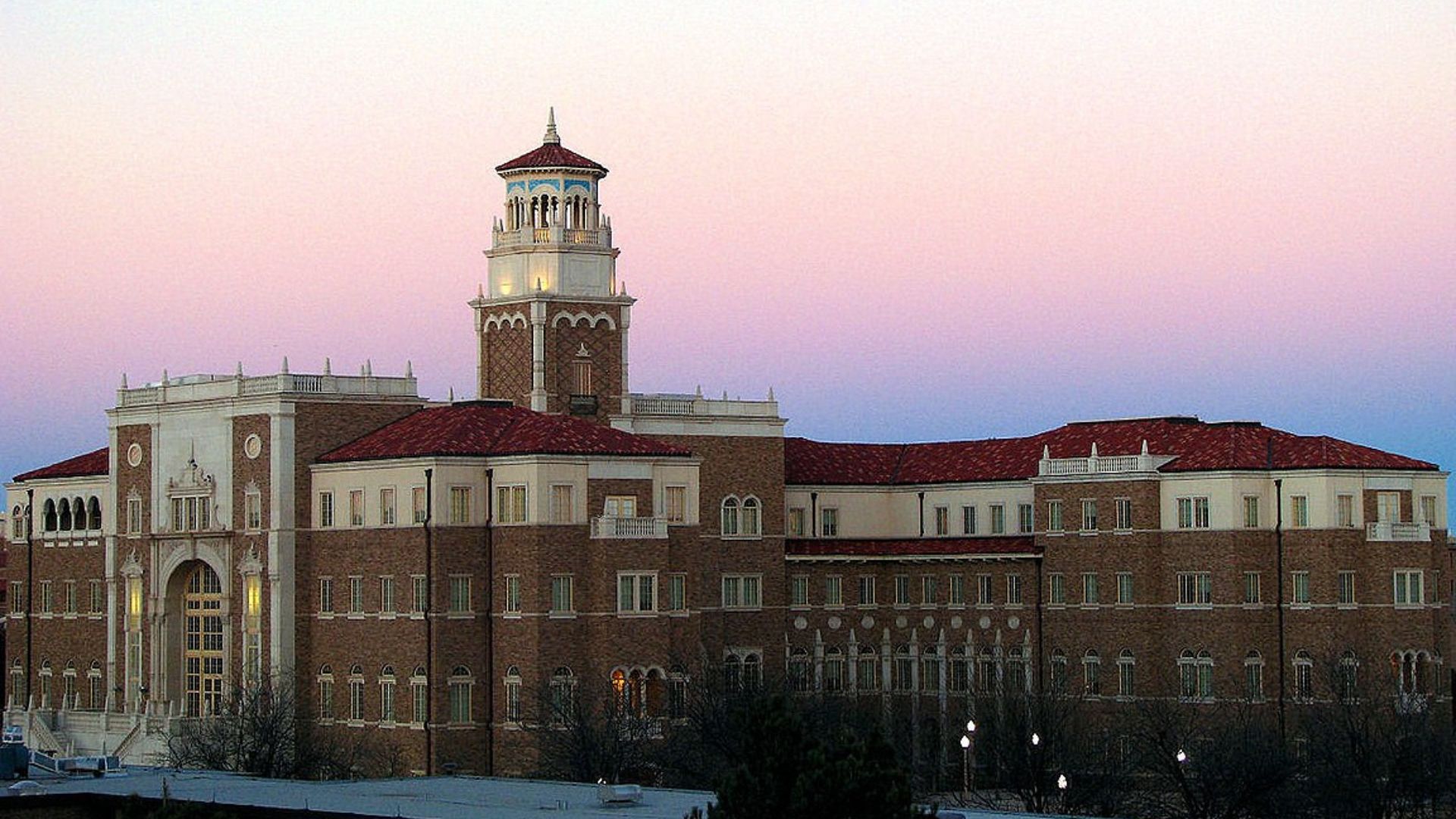
So far, the school’s health service, the Beutel Student Health Center, will no longer offer gender-affirming care.
The specific services no longer available include hormone replacement therapy and gender-related consults for specialists.
Direct Message to Students

Dr. Skaggs released a formal statement to the student body on the changes.
“We understand that this news may come as a disappointment to students who have relied on our practice for these services. Please know that this decision was made after a thorough assessment of our resources, capabilities, and patient needs,” she said in the press release.
Transgender Students Will Have To Receive Care Elsewhere

The services will no longer be available to students beginning August 1, 2024. After that date, transgender students will need to look elsewhere for their treatment
In recent years, transgender athletes have made headlines for breaking records. However, the inclusion in college sports has resulted in the World Aquatics Organization banning transgender women from competing in swimming to allow for more fairness in college swimming.
The School Will Provide Names of Doctors in the Area

To help the students through this difficult change, the health center plans to set up transgender students with professionals in the area who can provide the level of care needed.
In the press release, Dr. Skaggs noted that, “We are committed to supporting all our patients in their healthcare journey. Our team can assist you in finding alternative Gender Affirming Care from compassionate providers with expertise in this area.”
Dozens of Students Currently Use the Service

According to school data, at least 44 students received gender-related healthcare at the university.
The specifics of the care are currently unknown. Many students seeking gender healthcare often need assistance finding support and mental health access.
Reasons for the Change
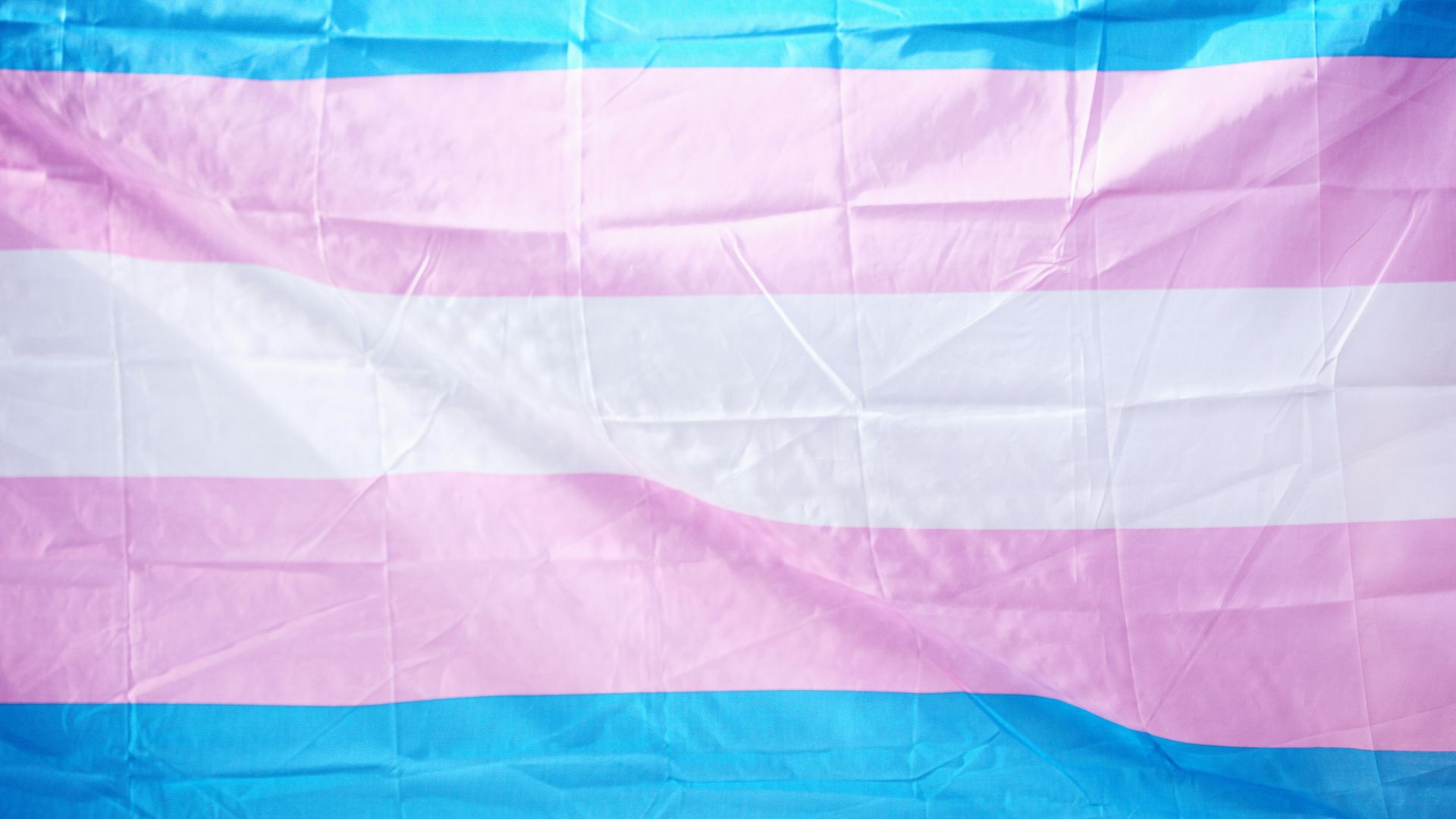
The change comes months after a conservative news outlet attacked the institution for pushing “transgenderism” on campus.
Outside of providing alternative resources, officials at the school did not mention any specific reasons for discontinuing this type of care.
The School Did Not Perform any Surgeries
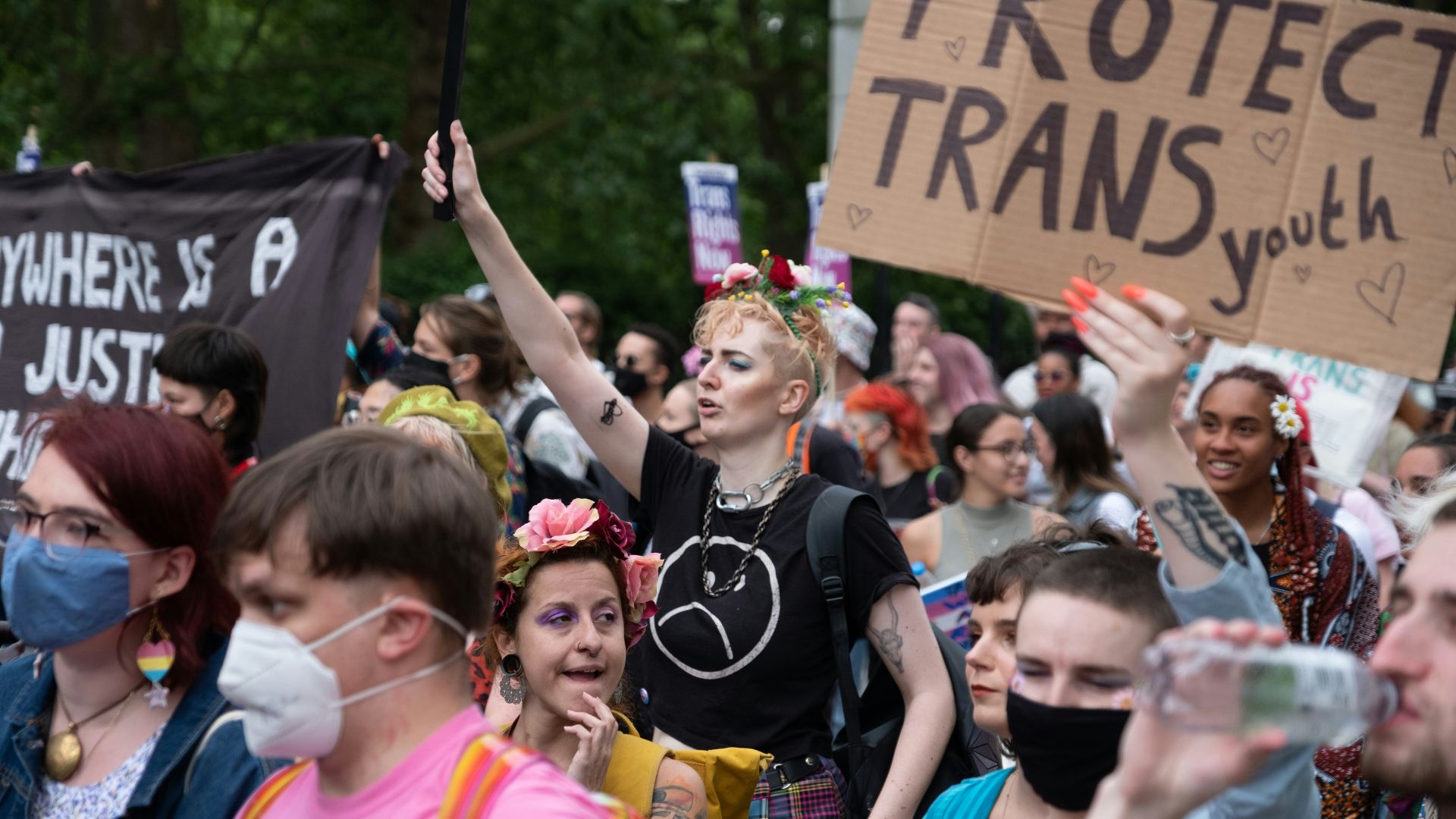
Although select right-wing news outlets have reported otherwise, the school mentioned that they have not performed any surgeries on campus.
This includes gender-affirming surgeries requested by students. However, surgeries can be paid for privately or requested at public medical facilities.
Other Texas Institution’s Still Offer Gender Related Care
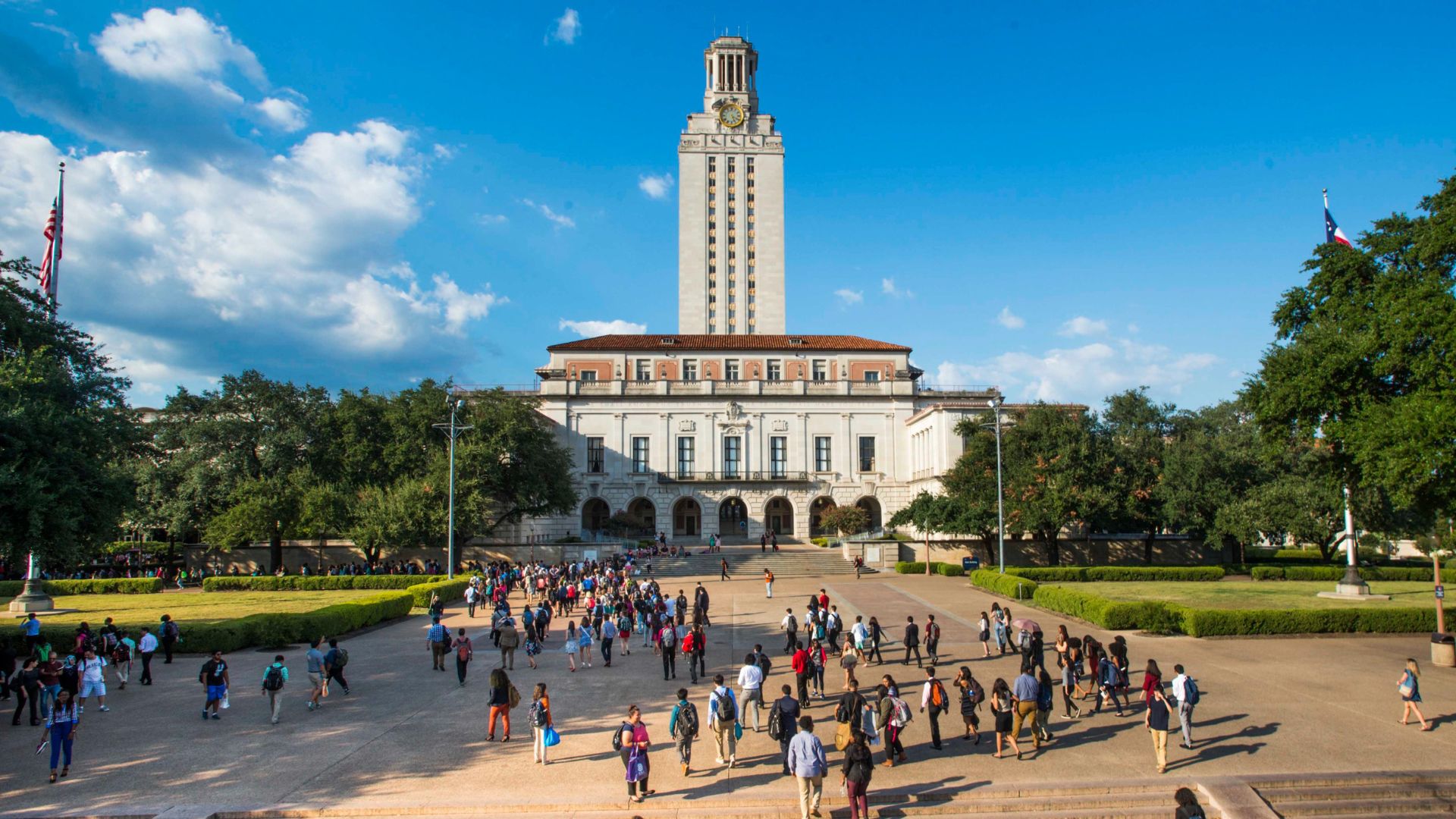
Although Texas A&M will stop offering gender-related care, it’s not the only institution in Texas that has.
The University of Texas at Austin offers “general healthcare and manages gender-affirming hormone therapy for students” at the health center. As well, a gynecologist at the University of North Texas is also allowed to prescribe gender-related hormone therapy.
Hundreds of Hormone Therapy Prescriptions Given Out at the School
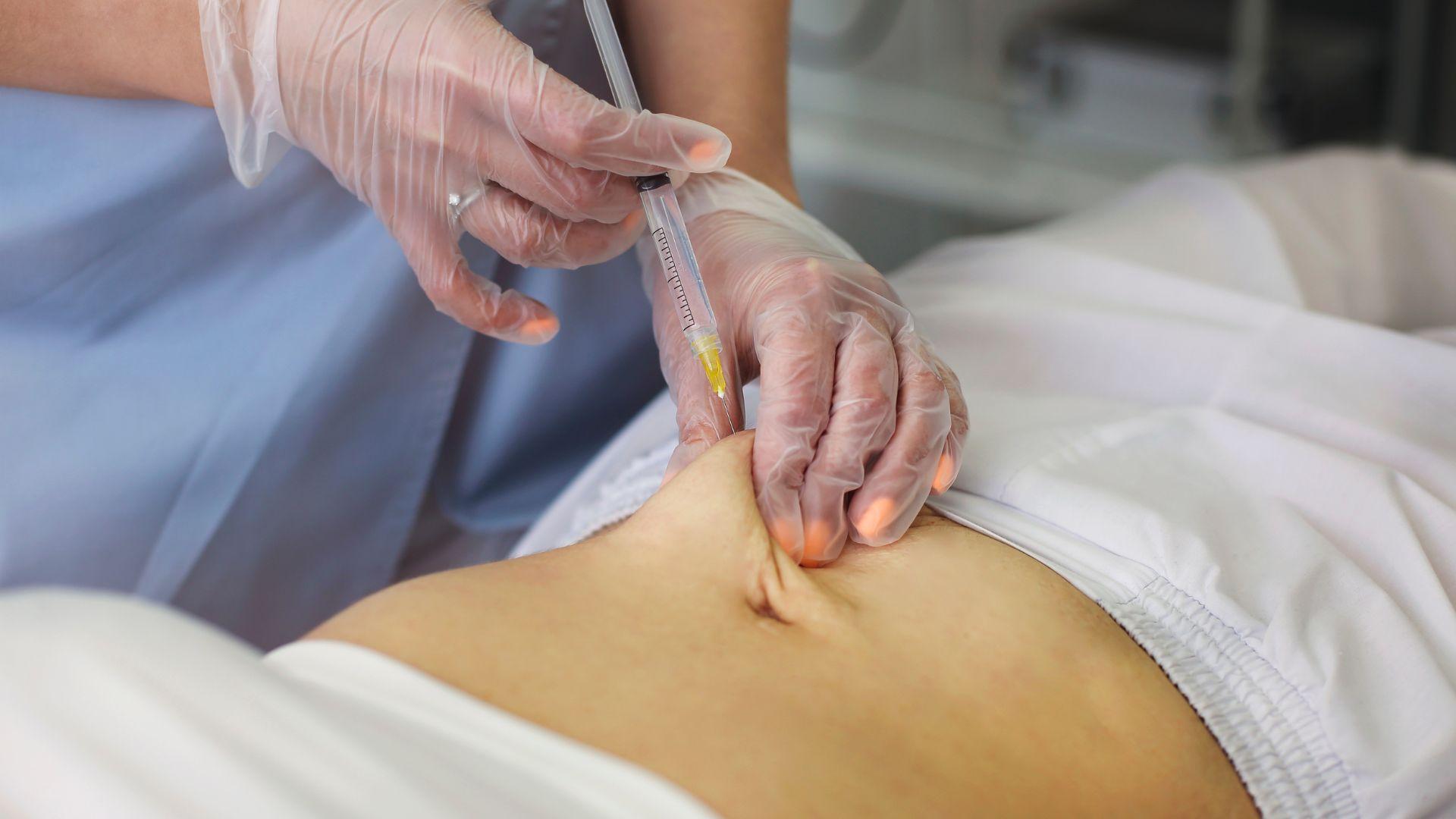
In 2023, roughly 127 hormone replacement therapy prescriptions were written at the school.
Since prescriptions can be recurring, this number could equate to more than one prescription per patient.
Texas Recently Banned Gender Affirming Care for Kids
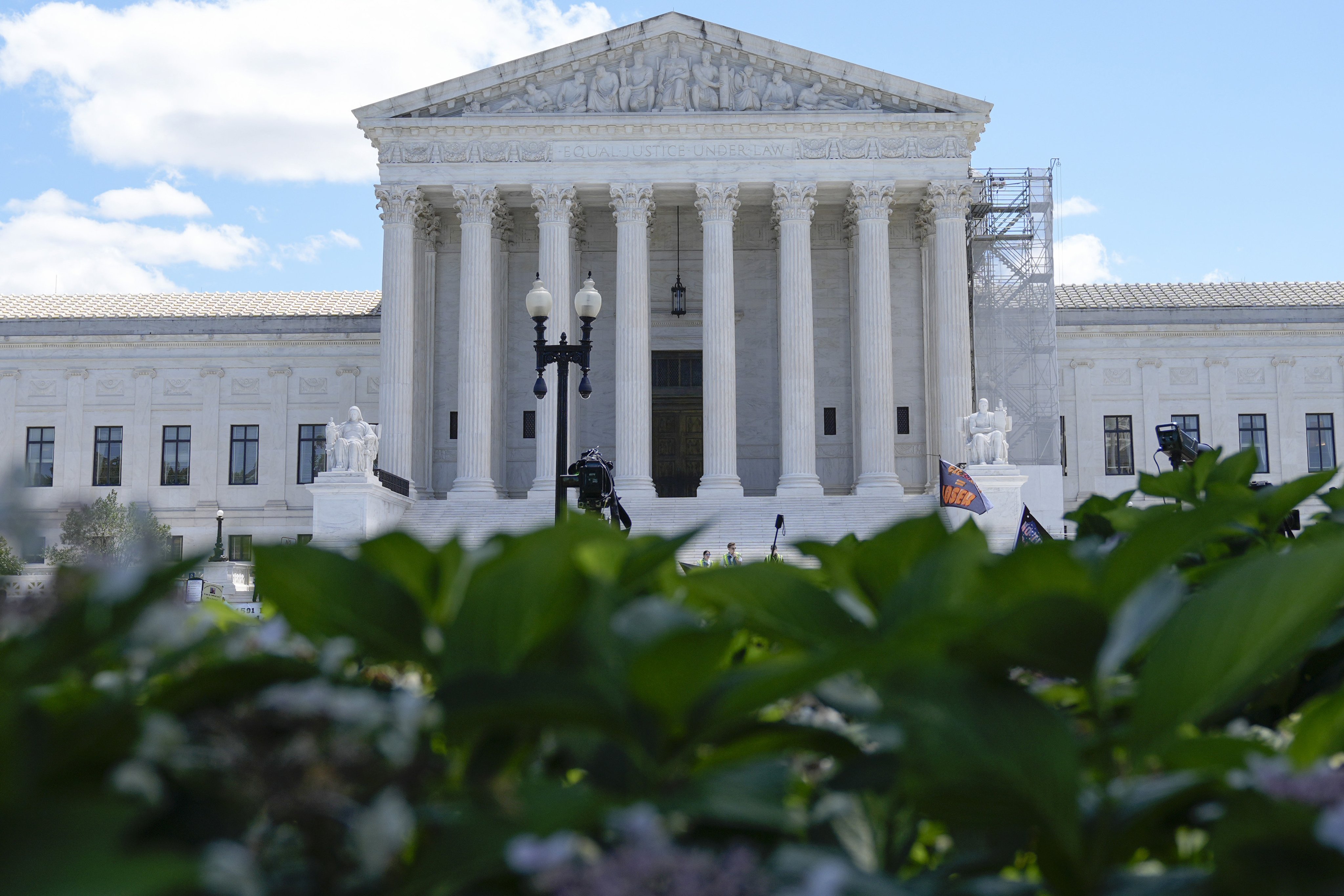
In the past week, the Texas Supreme Court made the final decision to ban all gender-affirming care for minors.
Although permanent surgery was rare for anyone under 18, this ruling means that no one under age will be able to access hormone therapy or mental health assistance. The decision could have affected the university’s ability to care for freshmen.
Small Amount of Transgender Students on Campus

The number of prescriptions given out reflects the relatively small amount of transgender students on a campus of about 77,000.
After the ruling, it’s unclear whether any of the students will choose to enroll elsewhere.








































